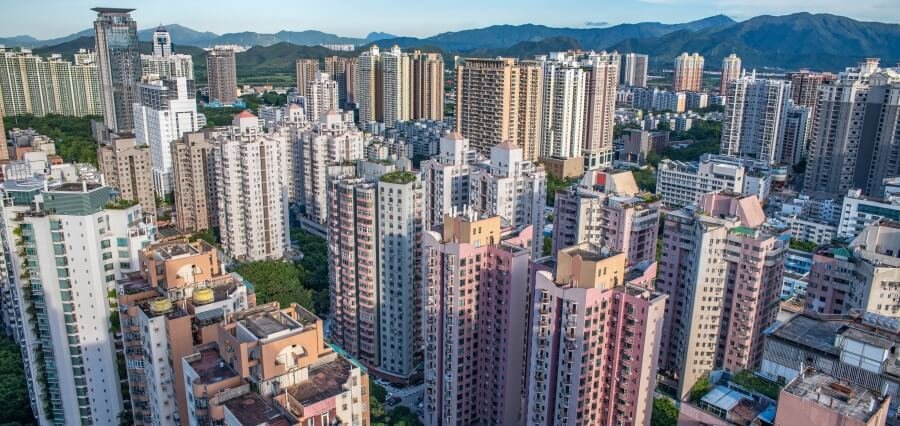On Oct 16, 2024, Hong Kong Chief Executive John Lee Ka-chiu delivers his annual policy speech to the Legislative Council-listing several measures he hopes will tackle the city’s chronic crisis in housing affordability, an issue he termed “of great public concern.”.
One of Lee’s greatest initiatives is a new policy to make access to subsidized housing even more available to people under the age of 40. This is an attempt to assuage growing concerns about young Hong Kongers struggling to get a grip in the competitive housing market of this cosmopolitan city. The Hong Kong Housing Authority will introduce an additional ballot number for applicants aged under 40, thus enhancing their chances of being selected for subsidized Home Ownership Scheme flats.
As another gesture to the same target group, the government will increase the quota for the White Form Secondary Market Scheme by 1,500 units, reserved solely for applicants below 40. The measure addresses fears that younger people are making career decisions not to accept promotions or salary increments merely because it keeps them in public housing and not to stay in the private market.
Government will retain the Youths Hostel Scheme; whereby non-governmental organizations offer their youths subsidized rental of hotels and guesthouses.
According to the Demographia International Housing Affordability report Hong Kong is ranked as the least affordable place to buy or rent a home. More than 100,000 shoe-box sized subdivided flats and years of linked health and safety concerns underscore the problem. In response, Lee announced the introduction of a new regulatory system for subdivided flats. Under this scheme, “sub-standard” units are to be converted into “Basic Housing Units,” necessary for meeting upgraded standards, putting windows and toilets into them with minimum sizes of more than 86 square feet.
The government also anticipates the completion of around 9,500 units of new public housing in the next year and remains on track to achieve a target of completing around 30,000 units by 2027-2028. Public housing wait time now stands at 5.5 years, with the target reduced to 4.5 years by 2026-2027.
Lee called for improvement in the living conditions of residents and the development of the local economy-this time, however, with a renewed sense of urgency and a yet another paradigm shift because compared to previous policy addresses, this was about more than national security or pandemic recovery.


